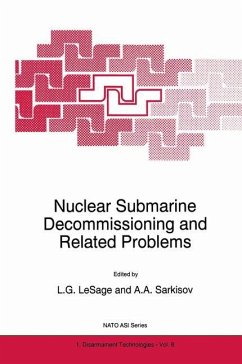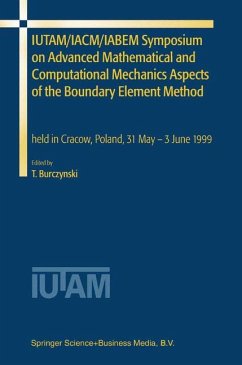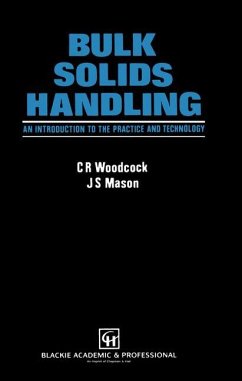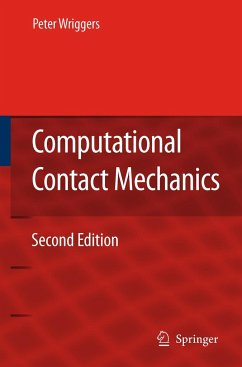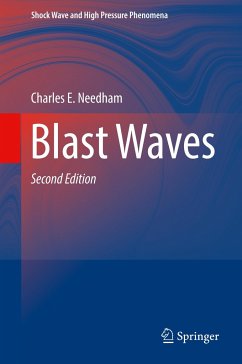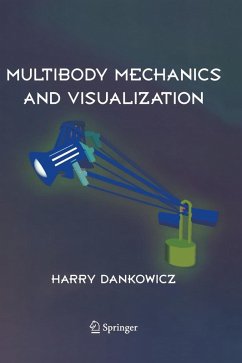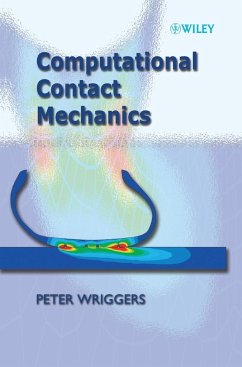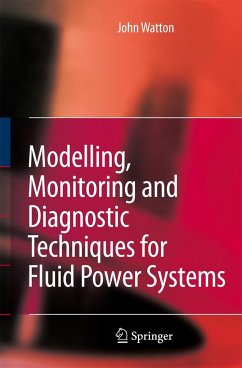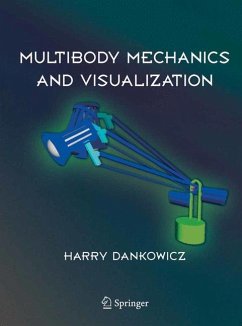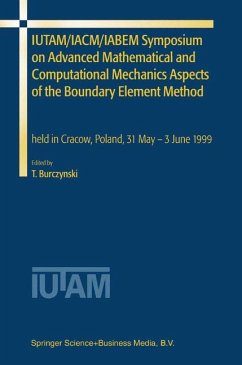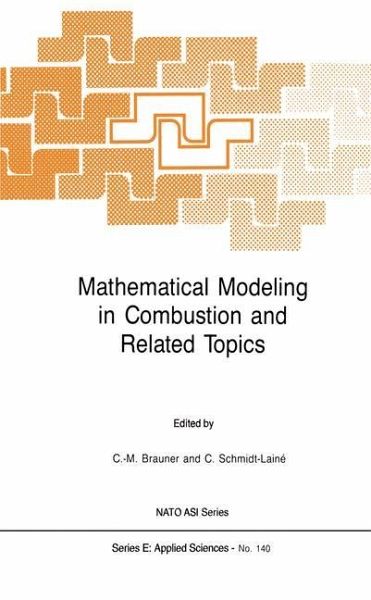
Mathematical Modeling in Combustion and Related Topics
Versandkostenfrei!
Versandfertig in 1-2 Wochen
153,99 €
inkl. MwSt.

PAYBACK Punkte
77 °P sammeln!
This volume contains invited lectures and contributed papers presented at the NATO Advanced Research Workshop on Mathematical Modeling in Combustion and related topics, held in. Lyon (France), April 27 - 30, 1987. This conference was planned to fit in with the two-month visit of Professor G.S.S. Ludford to the Ecole Centrale de Lyon. He kindly agreed to chair the Scientific and Organizing Committee and actively helped to initiate the meeting. His death in December 1986 is an enormous loss to the scientific community in general, and in particular, to the people involved in the present enterpris...
This volume contains invited lectures and contributed papers presented at the NATO Advanced Research Workshop on Mathematical Modeling in Combustion and related topics, held in. Lyon (France), April 27 - 30, 1987. This conference was planned to fit in with the two-month visit of Professor G.S.S. Ludford to the Ecole Centrale de Lyon. He kindly agreed to chair the Scientific and Organizing Committee and actively helped to initiate the meeting. His death in December 1986 is an enormous loss to the scientific community in general, and in particular, to the people involved in the present enterprise. The subject of mathematical modeling in combustion is too large for a single conference, and the selection of topics re flects both areas of recent research activity and areas of in terest to Professor G.S.S. Ludford, to whose memory the Advanced Workshop and this present volume are dedicated. The meeting was divided into seven specialized sessions detonation theory, mathematical analysis, numerical treatment of combustion problems, flame theory, experimental and industrial aspects, complex chemistry, and turbulent combustion. It brought together researchers and engineers from University and Industry (see below the closing remarks of the workshop by Prof. N. Peters). The articles in this volume have been judged and accepted on their scientific quality, and language corrections may have been sacrificed in order to allow quick dissemination of knowledge to prevail.





